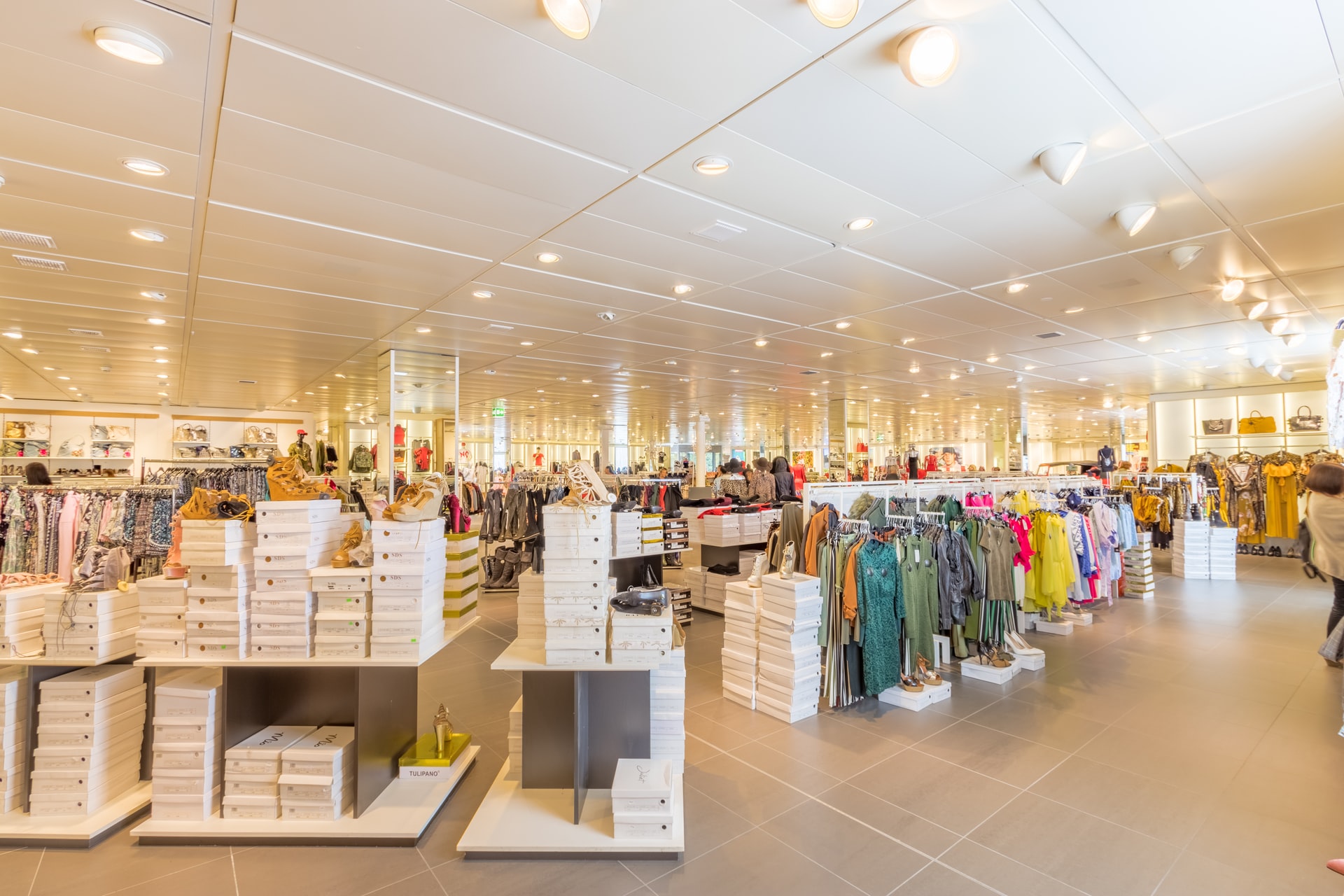
Enthusiastic spending has numerous names: shopping compulsion, oniomania, indiscreet purchasing, shopaholism, and then some. Albeit enthusiastic spending is certifiably not an authority analysis, it looks like different addictions. Individuals with oniomania frequently contribute extreme time and assets to shop. They may not understand what need they are attempting to fill, yet the impulse to purchase is as yet solid.
A 2004 study gauges 5.8% of grown-ups in the United States have a shopping enslavement. A few investigations show higher rates among online customers, maybe because of the web’s accommodation and namelessness. The condition can cause monetary concerns, relationship struggle, and individual trouble. Oniomania can be as hard to stop as some other impulse or habit.
Be that as it may, enthusiastic spending is treatable. Treatment can help an individual move past fixation and assume back responsibility for their life.
SIGNS YOU ARE A SHOPAHOLIC
Where does one define the boundary between a shopping diversion and an enslavement? Specialists at Bergen University have fostered a device to respond to this inquiry. The Bergen Shopping Addiction Scale adjusts measures from different addictions.
In the event that somebody shows 4 out of the 7 practices on the scale, they probably have a shopping dependence:
Fixating on shopping constantly
Shopping to improve one’s state of mind
Purchasing more things to feel a similar fulfillment as in the past
Purchasing such a lot of one can’t meet day by day obligations like school
Purchasing such a lot of it has influenced one’s prosperity
Being not able to scale back shopping, regardless of whether one wishes to do as such
Feeling awful on the off chance that one can’t shop
WHO IS AT RISK FOR COMPULSIVE SPENDING?
Examination proposes a great many people with shopping enslavement are youthful and female. The condition normally begins in late youthfulness or early adulthood. The commonness appears to diminish with age.
One 2016 examination in Brazil broke down how male and female enthusiastic spenders contrast. Male members were bound to be non-hetero. They likewise had higher paces of co-occuring conclusions like irregular touchy conduct.
Character may likewise affect habitual spending. As per a recent report, extroversion and neuroticism are connected to shopping dependence. The investigation’s creators accept outgoing individuals may utilize shopping to improve societal position. In the interim, hypochondriac people may shop to lessen adverse feelings. Individuals who are honest or pleasant are less inclined to foster shopping fixation.
WHAT CAUSES SHOPPING ADDICTION?
Numerous societies today overlook and even energize realism. Looking for sure fire individual satisfaction has been celebrated as “retail treatment.” Overspending is not difficult to do in a world that gives wide admittance to credit. Albeit impulsive spending may have its foundations in these social impacts, the conduct is ordinarily connected to more unpredictable issues.
A few group think purchasing the right item is the way to achieving bliss. This article could be a vehicle, a thing of dress, or even virtual products. A few group feel constrained to continue to spend, in any event, when they experience unfortunate results
Individuals’ objectives can shift as much as their buys. As indicated by Shopaholics Anonymous, individuals with a shopping fixation may fall into at least one of these classes:
Enthusiastic customers: These individuals regularly use shopping a feeling guideline methodology. They may shop to diminish negative sentiments or to upgrade and draw out certain ones. Enthusiastic customers may feel rapture during the quest for and acquisition of a thing. However they regularly feel coerce subsequently, which prompts uneasiness, which prompts seriously shopping.
Gatherer customers: People in this class frequently wish to finish a bunch of articles, for example, exchanging cards or golf clubs. They may wish to have varieties of an item, like various shades of a similar tote.
Picture customers: These people frequently purchase costly things. They may utilize buys to help their confidence and economic wellbeing.
Mutually dependent customers: These individuals shop to acquire more prominent social acknowledgment. They may accept the right thing will acquire endorsement and love from others.
Deal customers: These individuals regularly purchase things they needn’t bother with. They will probably get a decent arrangement.
Prize customers: These people look like deal customers since they appreciate “chasing” for the right article. In any case, they are centered around getting the ideal thing instead of a decent arrangement.
CONDITIONS RELATED TO COMPULSIVE SHOPPING
Impulsive shopping has been connected to numerous other mental conditions. Certain determinations may provoke impulsive spending. Shopping enslavement may thusly influence one’s emotional well-being. It tends to be hard to pinpoint where one issue starts and different finishes.
Individuals with shopping fixation frequently focus on transient delight over long haul outcomes. In light of this propensity, a few specialists characterize shopping habit as a motivation control issue.
Different specialists guarantee shopping enslavement is impulsive conduct. Urgent accumulating is firmly connected to habitual spending severally. The two conditions ordinarily include:
A mind-boggling want to claim certain things, in any event, when those items aren’t required.
A dread of losing (or botching the opportunity to purchase) said thing.
Strange significance and worth put on lifeless things.
Ultimately, a recent report showed shopping dependence is profoundly comorbid with discouragement. Other examination proposes shopping dependence assists people with boosting their serotonin and dopamine levels. In these cases, the motivation to purchase may originate from neurological and feelings. Purchasing may give brief help, yet a great many people feel regret after the deal.